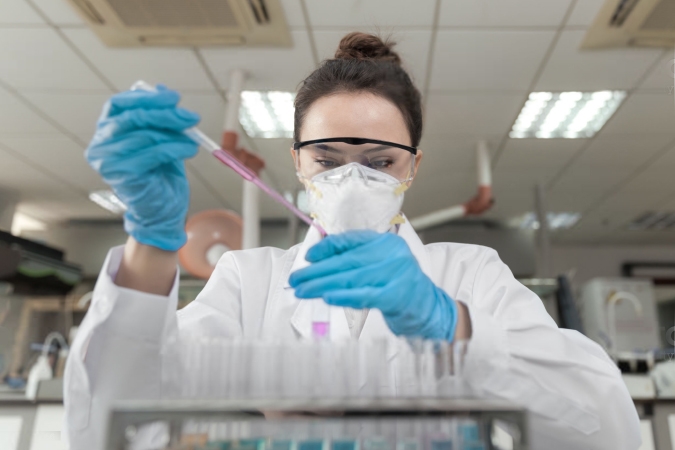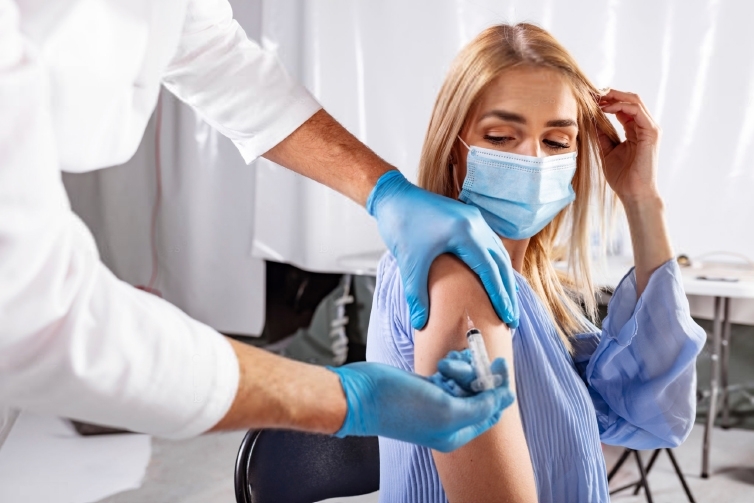What is HPV?
HPV is short for human papillomavirus – a skin virus that affects the genital areas of men and women. HPV is the most common sexually transmitted infection and nearly all sexually active men and women get it at some point. There are 14 high-risk types of HPV that can cause cervical, anal, throat and mouth cancers.
Most HPV infections, like any other viral infection, are cleared by your immune system in a relatively short time. In some women, the virus is not cleared. If HPV persists, it can cause cells in the cervix to become abnormal and, over time, the abnormal change may progress to pre-cancer and rarely to cancer. Cervical cancer is preventable because screening with HPV and Pap tests identify women who need careful follow up or treatment.








